MENTALITY: The European Project for positive change in the lives of individuals and communities
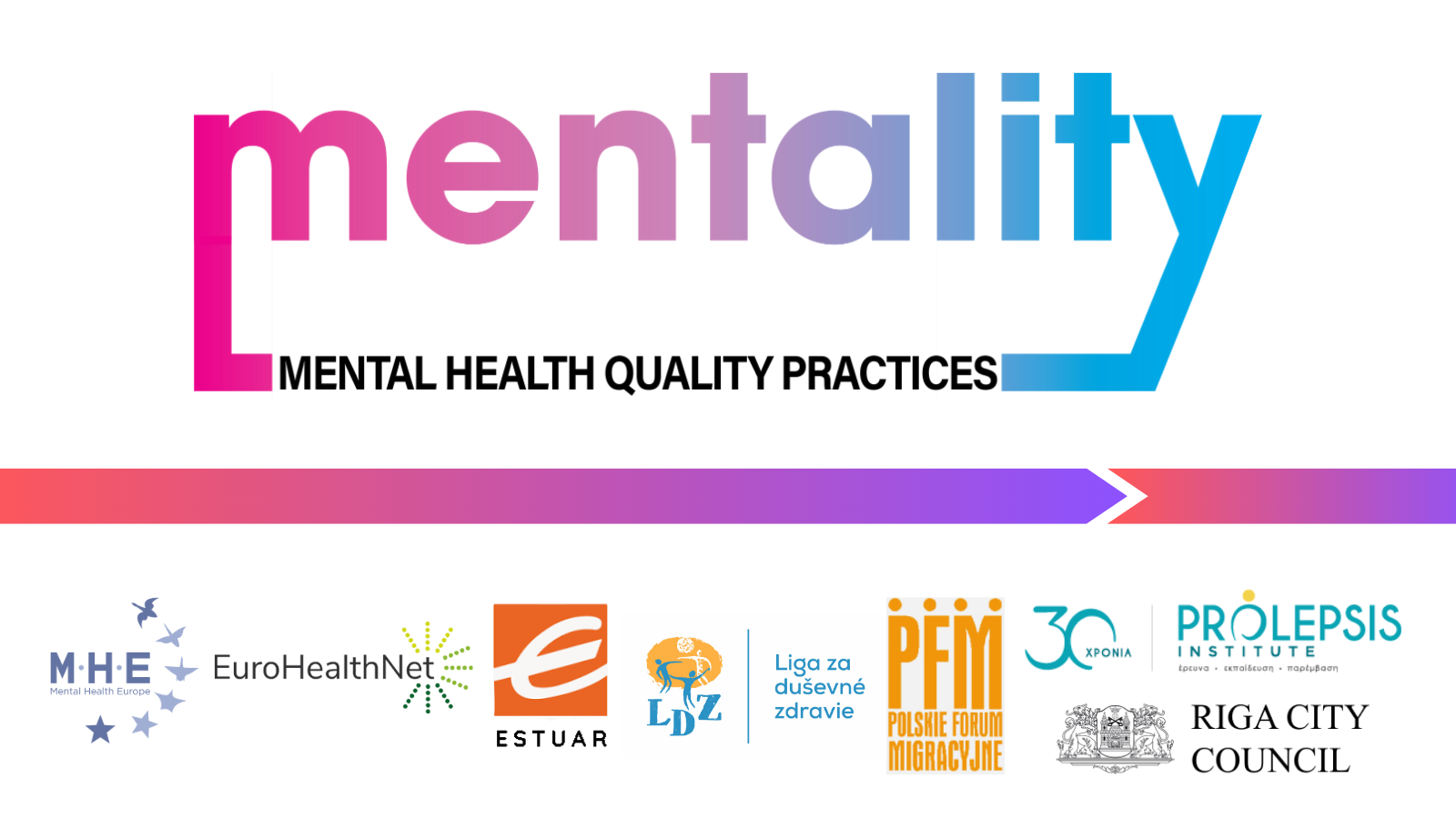
The MENTALITY project is an EU-funded project dedicated to the transfer of mental health-focused promising practices aimed at children, healthcare and care workers, people with pre-existing mental health problems and psychosocial disabilities, migrants, and service providers.
The project started in January 2023. During the first half of the year, the consortium partners took the opportunity to familiarise themselves with the practices and developtailored strategic plans to support the implementation within their specific national contexts. Mental Health Europe, as coordinator of the whole project, acts as the guardian of the partnership and the implementation process, aligning goals, expectations, facilitating synergies and supporting whenever an obstacle arises.. EuroHealthNet, on the other hand, focuses instead on the co-creation of training material with the project partners for further upscaling of activities.
Let’s delve into each of these practices and its implementers.

MapaWsparcia.PL
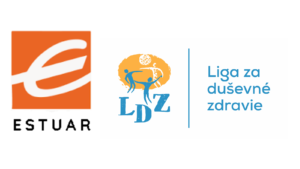
The implementation of the MapaWSparcia.PL has been met with enthusiasm by both piloting partners: the Romanian Estuar Foundation and the League for Mental Health Slovakia. This promising practice entails an interactive map enabling users to easily find the mental health support service that better fits their criteria. Such a platform is invaluable when individuals are left alone in searching for support, often overwhelmed by the amount of information available online. In this way, the information is well organised and presented to the person in a geographical distribution that allows them to make informed choices.
The Estuar Foundation received a training by the best practice owners in August 2023. They have progressively started to identify and involve multiple stakeholders, as the map takes shape and integrates users’ feedback. Currently, the Romanian team is finalising the analysis of the cultural and contextual factors that influencing the map’s development and impact.
The League for Mental Health Slovakia, collaborating with the original Polish creators of the map, promptly developed a user-friendly interactive map with an extensive database of mental health providers. They have also taken the opportunity to support Ukrainian refugees by proceeding to upgrade the map translating it into Ukrainian language and creating an ecosystem dedicated to their assistance. The map can be also filtered to select communal and specialised support, emphasising the importance of community-based mental health solutions and their significant benefit for individuals.
Team Reflection
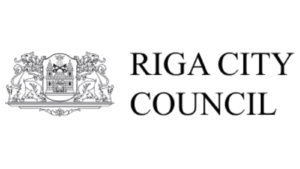
The promising practices included in the Mentality project have very specific target audiences to reach, train and support. The promising practice Team Reflection has been developed by the Dutch professionals Noud van Hecke and René van het Erve and then transferred to the Latvian Riga City Council. The training took place in Riga last August. Prior to this, the implementors had translated the Team Reflection handbook and training material from Dutch to Latvian to facilitate the learning process for the selected trainees.
The promising practice has been widely welcomed in the national context, with both the Riga Social Care Center “Mežciems” and the Riga Shelter agreed to implementing Team Reflection in their own institutions, serving as a model for other national organisations.
A Hopeful, Healthy and Happy Living and Learning Toolkit
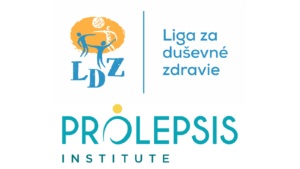
Children and young people are another relevant demographic of the Mentality project. The adoption of the guide A Hopeful, Healthy and Happy Living and Learning Toolkit by Ea Suzanne Akasha offers fun and enjoyable activities for children that enhance key social and emotional skills, particularly useful in times of crisis or emergency. This promising practice will be implemented in both Slovakia and Greece, highlighting the Mentality consortium’s commitment to addressing the specific needs of children in distress.
The Mental Health League Slovakia held a meeting with the author of the toolkit to gain a deeper understanding of its background and use. They aim to ensure that the toolkit’s goal of fostering well-being and creating a nurturing learning environment for children could is achieved through synchronised efforts. The Slovak partner has engaged their wide network of stakeholders, including school principals, psychologists, the National Institute of Education and Youth, parents, students, community leaders, and City Boroughs. Through the involvement of the aforementioned actors, the project aims to ensure alignment with national policies, gather valuable input, promote the adoption and adaptation of the toolkit in schools and assess its impact.
The Prolepsis Institute in Greece worked closely with the Slovakian partners to ensure the successful implementation of the Toolkit by developing a Situation Analysis and Needs Assessment (SANA) framework. This framework enables partners to gather crucial information, providing valuable insights for tailoring the application of the promising practice to beneficiaries’ needs.
Prolepsis promptly sought permission from Greek educational authorities to introduce the toolkit to teachers. The following months will be dedicated to visiting sites and adaping it before implementation takes off.
Measures to support mental health of migrants and refugees in times of COVID-19
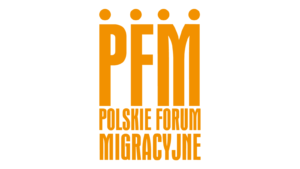
The Mentality project also encountered challenges and responded as a team to unexpected issues and delays. The Polish Migration Forum is one of the organisations that had to overcome an initial obstacle when beginning the work. The difficulties in liaising with the promising practice owners and setting up the first training did not stop them, however, from familiarising themselves with the practice Measures to support mental health of migrants and refugees in times of COVID-19. They engaged with numerous interested stakeholders eager to learn and transfer these skills to their communities.
The community leaders will acquire new methods of providing mental health assistance to people in vulnerable situations such as displaced people and refugees. They will gain new skills through participating in a method training and then assisting mental health professionals in leading workshops during the project’s next stage. The community around PMF, comprising migrants from diverse cultural and ethnic backgrounds, is also involved in tailoring the practice to the specific contexts and needs, enhancing its impact and long-term sustainability.

Promising practices for change
The promising practices promoted by t the Mentality projects have the potential to bring a significant positive change to new contexts. Over time, all partners will focus on making their content accessible to diverse audiences, ensuring wide dissemination and the sustainability of outcomes long after the project concludes.
Mentality’s true aim is to address mental health inequalities in Europe and, through the practices, to tackle and enhance people’s mental well-being.
The entire Consortium and stakeholders, both at national and European levels, will have an exciting opportunity to witness the real impact of the project in the upcoming months as create a lasting legacy of improved mental health care practices, making a tangible difference in the lives of individuals and communities.
Stay connected
Get our latest news, personal stories, research articles, and job opportunities.